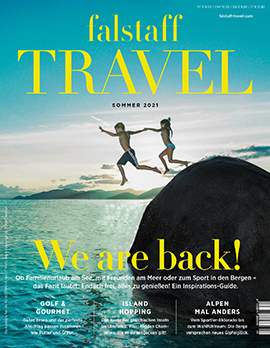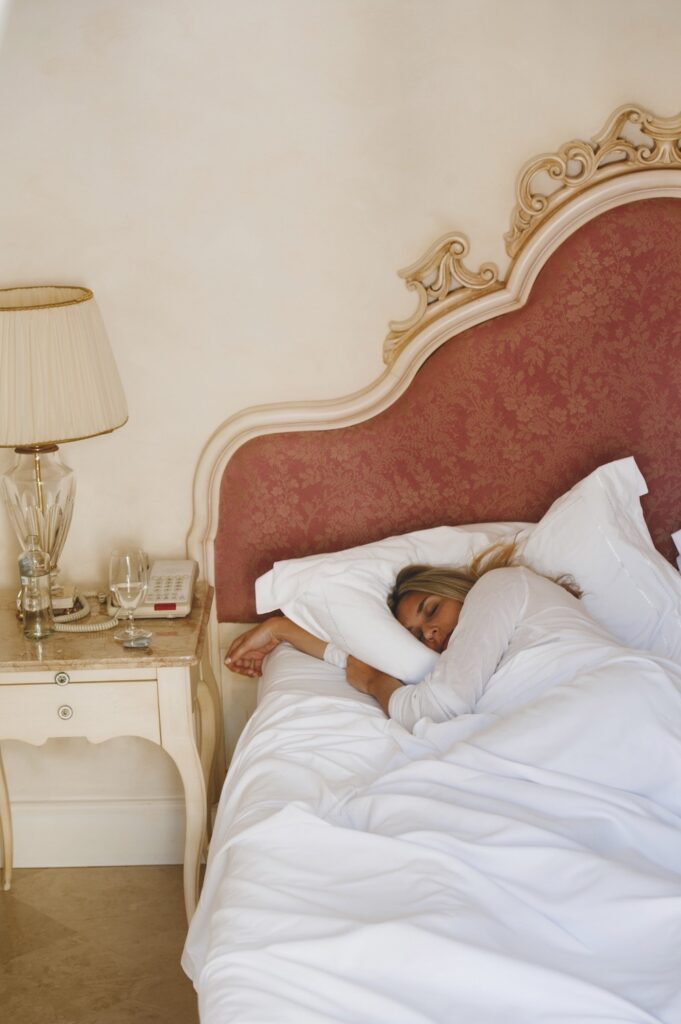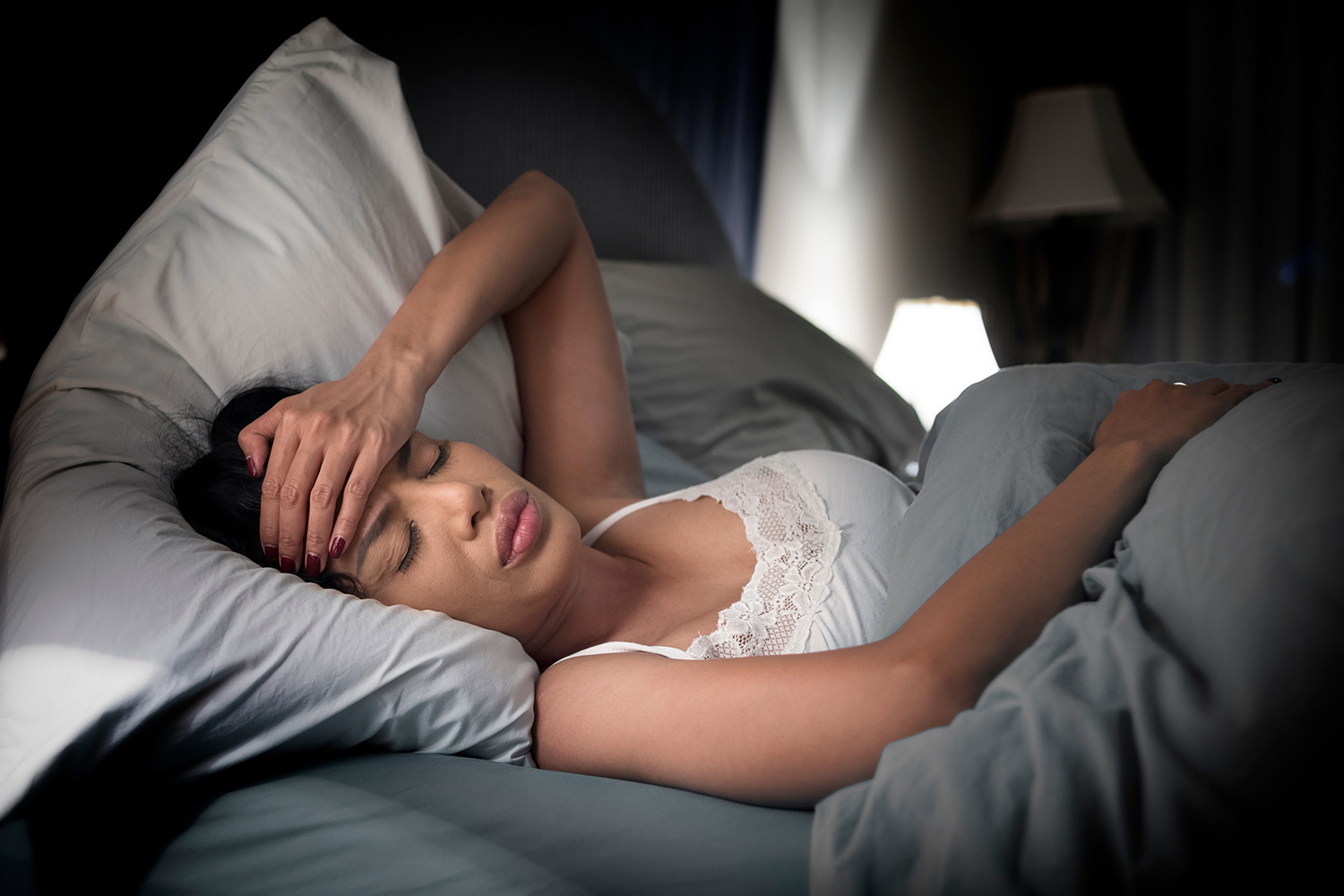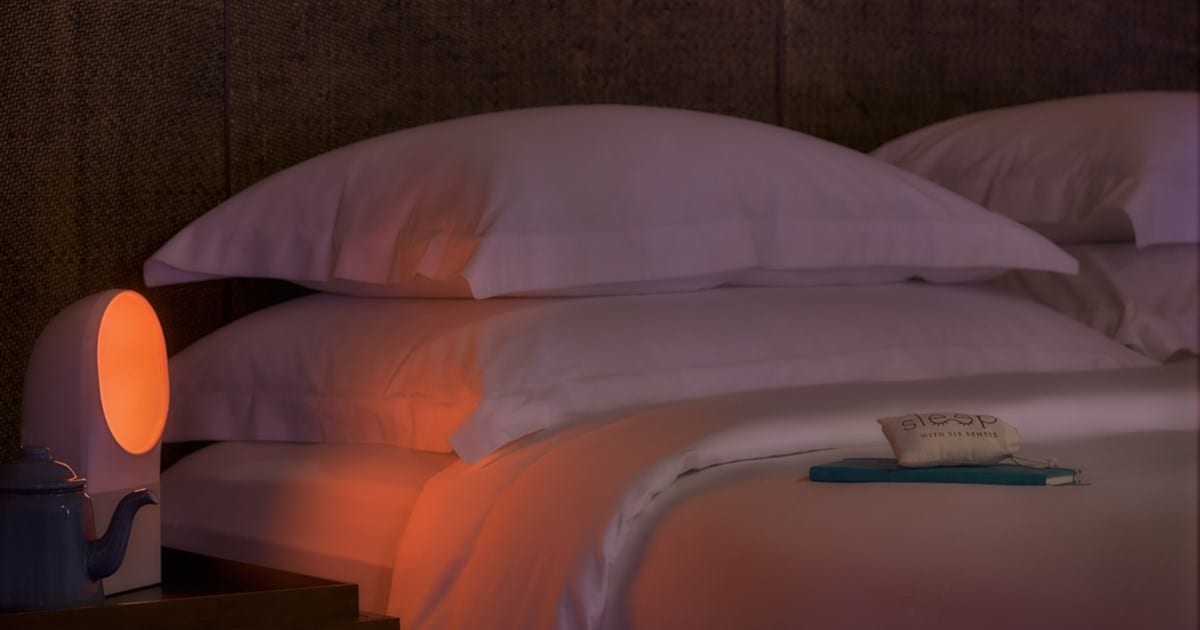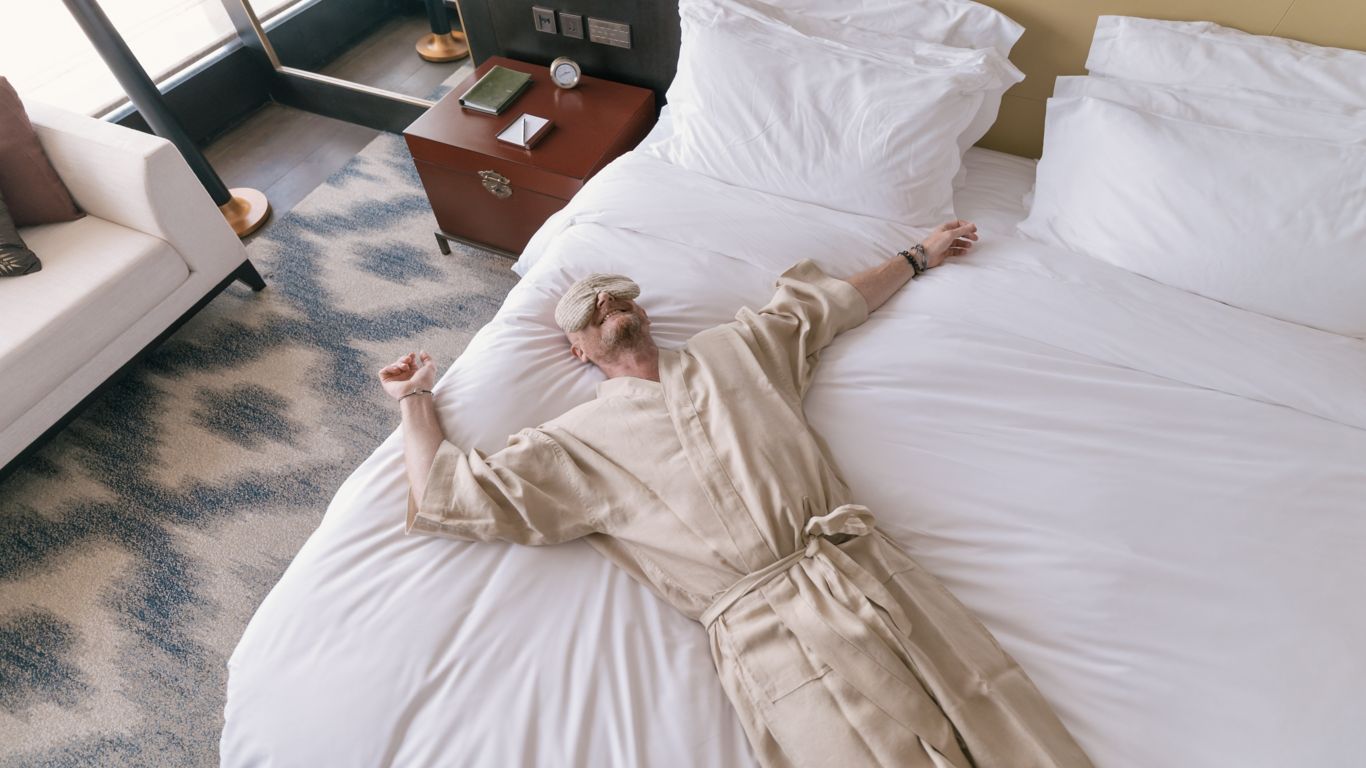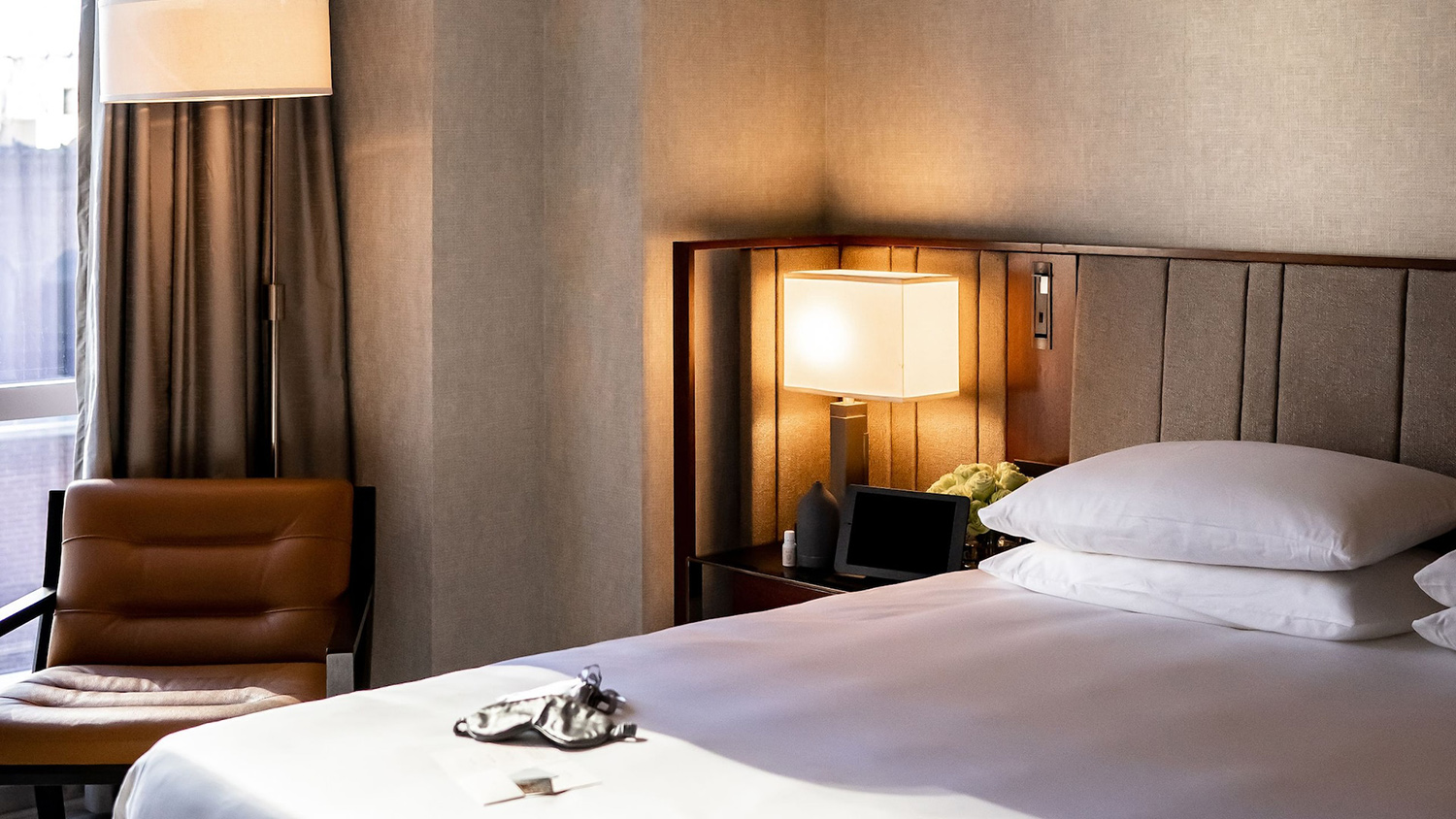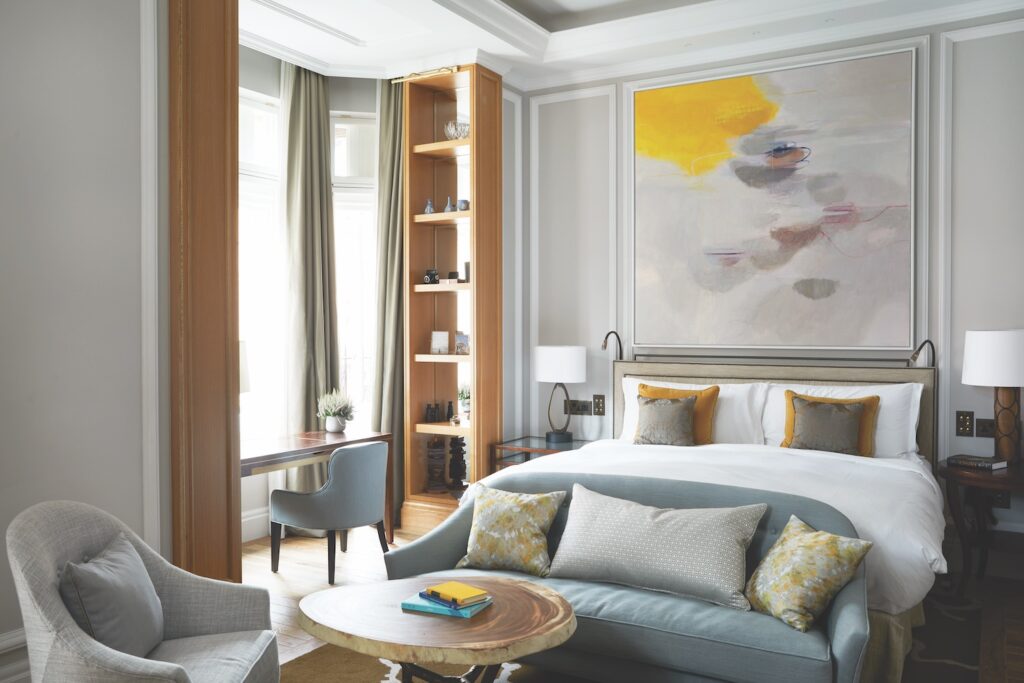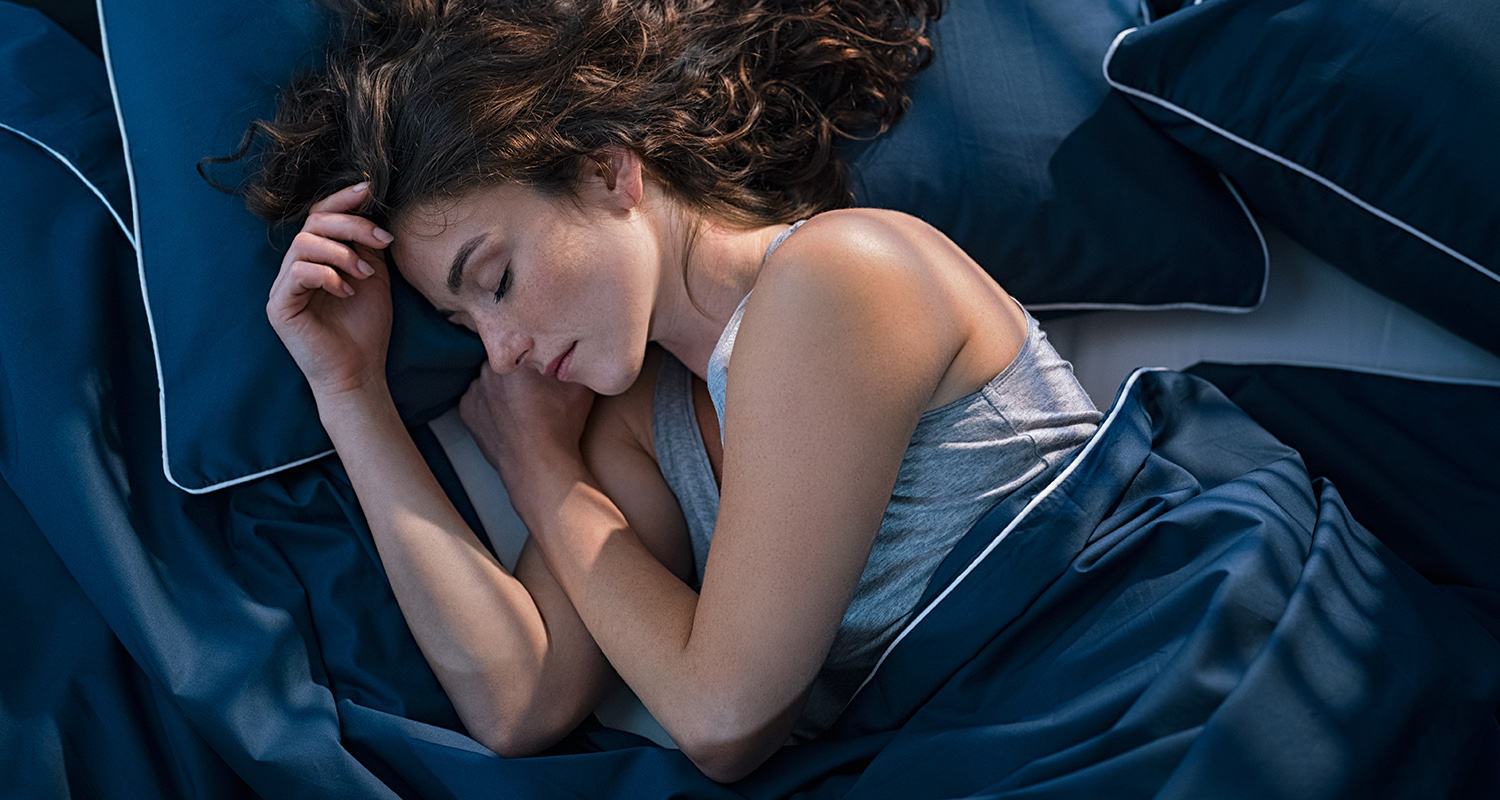
Trend Watch Sleep Tourism: A New Take on Dreamy Vacations
More (than) sleep: curated slumbers at hotels and resorts are gaining more and more traction. But what's behind the sleep tourism trend?
November 11, 2022
219,000 hours – a third of our lives. That's how much time we spend asleep. So it shouldn't come as a surprise that the tourism sector has also been devoting more and more attention to the hours of the night for some time now: sleep tourism doesn't focus on the usual vacation activities such as sightseeing or a timeout at the spa, but on utter relaxation.
More and more hotels are offering special packages to help their guests get a good night's rest. © Belmond
The goal of luxury sleep retreats is to improve their guests' quality of sleep. With noise-protected hotel rooms, soothing fragrances, special beds, pillows and fabrics, the aim is to deeply relax tired visitors. But why has the trend grown in the last two years in particular? And which renowned hotels already offer sleep retreats?
Sleep is en vogue
The quality of our sleep seems to decline year after year. On the one hand, the digital age is indisputably to blame. Factors such as constant stress, noise and light pollution, as well as unhealthy lifestyles cause nocturnal unrest. But the pandemic has also caused a dire increase in mental health struggles. According to a study in the Journal of Clinical Sleep Medicine, our sleep (or lack thereof) has been taking the hit as a result.
Countless people struggle with sleep in their everyday lives – sleep retreats want to change that. © Shutterstock
This increasing insomnia seems to be a worldwide phenomenon: In Germany, a full 25 % rate their sleep quality as poor to very poor, according to Statista. A study conducted at the Medical University of Vienna reports that a full eight percent of people suffer from pathological insomnia in Austria. And in the USA, 36 % complain about restless nights. And it's precisely this problem that the sleep tourism trend addresses.
Hotel sleep reimagined
For several years now, especially since the end of 2020, sleep-related offers and vacation packages have been increasing at hotels and resorts. The goal of sleep tourism is to reduce insomnia or lack of sleep. Over the course of just a few days (or weeks, in the case of retreats), people aim to improve the quality of their sleep as well as their sleep patterns.
At Six Senses Ibiza, guests are encouraged to sleep in – with a specially assigned Sleep Doctor making sure they do. © Six Senses
Among the addresses offering special sleep retreats is the women-only Hotel Figueroa, for example, with its "Rest & Recovery Suite," where a Pluto Pillow adapts to the body and sleep, and the Eight Sleep mattress measures patterns and temperatures. At the Six Senses in Ibiza, restless travelers are offered a new experience in the wake of the Wellness sleep program a Sleep Doctor at its side. And Hästens, the bed brand, has even opened its own Sleep Spa Hotel in Coimbra, Portugal.
Related: A Hotel Experience All About Sleeping
Rosewood goes all in on sleep
The trend hasn't passed by luxury chains like Rosewood either: as recently as 2022, the hotel chain launched its holistic retreat "Alchemy of Sleep." The program includes numerous activities, mindfulness exercises and treatments designed to promote rest and relaxation. A proprietary nutritional concept and the use of sleep-inducing products aim to further the program's results. Guests find their rooms filled with calming scents from oil diffusers, silk eye masks on the beds, and meditation apps on the in-room TV.
At Rosewood hotels, tired travelers can enjoy some shut eye in luxury beds. © Rosewood Hotels & Resorts
The duration of the retreat varies: starting with one night in the course of "Dreamscape" up to the five-night "Sleep Transformation." Sleep retreats are offered at Rosewood London, Hôtel de Crillon in Paris and at Rosewood Sand Hill in Menlo Park, California, among others.
A night in an AI bed
Things get really innovative at Park Hyatt New York: guests are invited to the One Bedroom Sleep Suite by Bryte, where "The Restorative Bed™" by Bryte, controlled by artificial intelligence, is supposed to help them achieve a better night's sleep. Whether it's jet lag or insomnia, the AI dynamically adjusts the pressure points and climate and can even save your own preferences. The hotel also provides a diffuser for essential oils, sleeping masks and literature.
Looks like a normal bed, but is controlled by AI: the bed in the One Bedroom Sleep Suite by Bryte. © New York Central Park Hyatt
Sleep on demand
The Cadogan in London, a hotel by luxury chain Belmond, introduced a "Sleep Concierge" service early last year, which provides meditation recordings via the hotel app. In addition, guests can choose the perfect pillow for their needs from the so-called "Pillow Menu." A fragrant pillow spray also aids better sleep with its aromatherapeutic effect.
The Cadogan takes sleep very seriously. © Belmond
More (than) sleep
When our everyday life get increasingly hectic, we go on vacation to slow down and relax. The past couple of years have showed a definite trend towards more rest and downtime as opposed to an excess in activities – a clear sign of our times. This also explains the increased emergence of sleep retreats: they're another way for tourism to meet one of our basic (and most essential) needs – healthy sleep.
